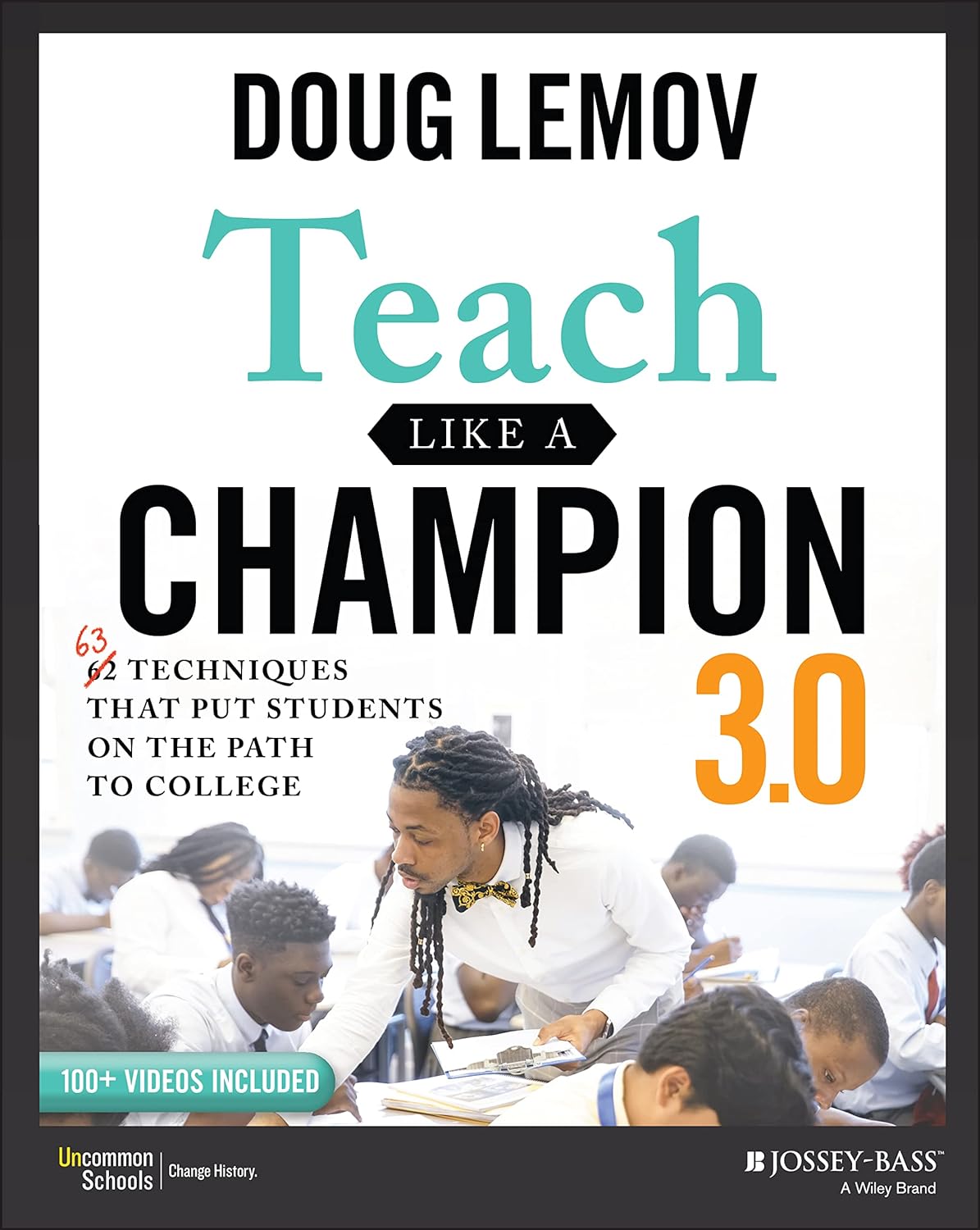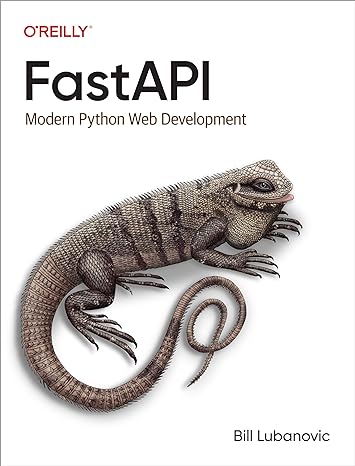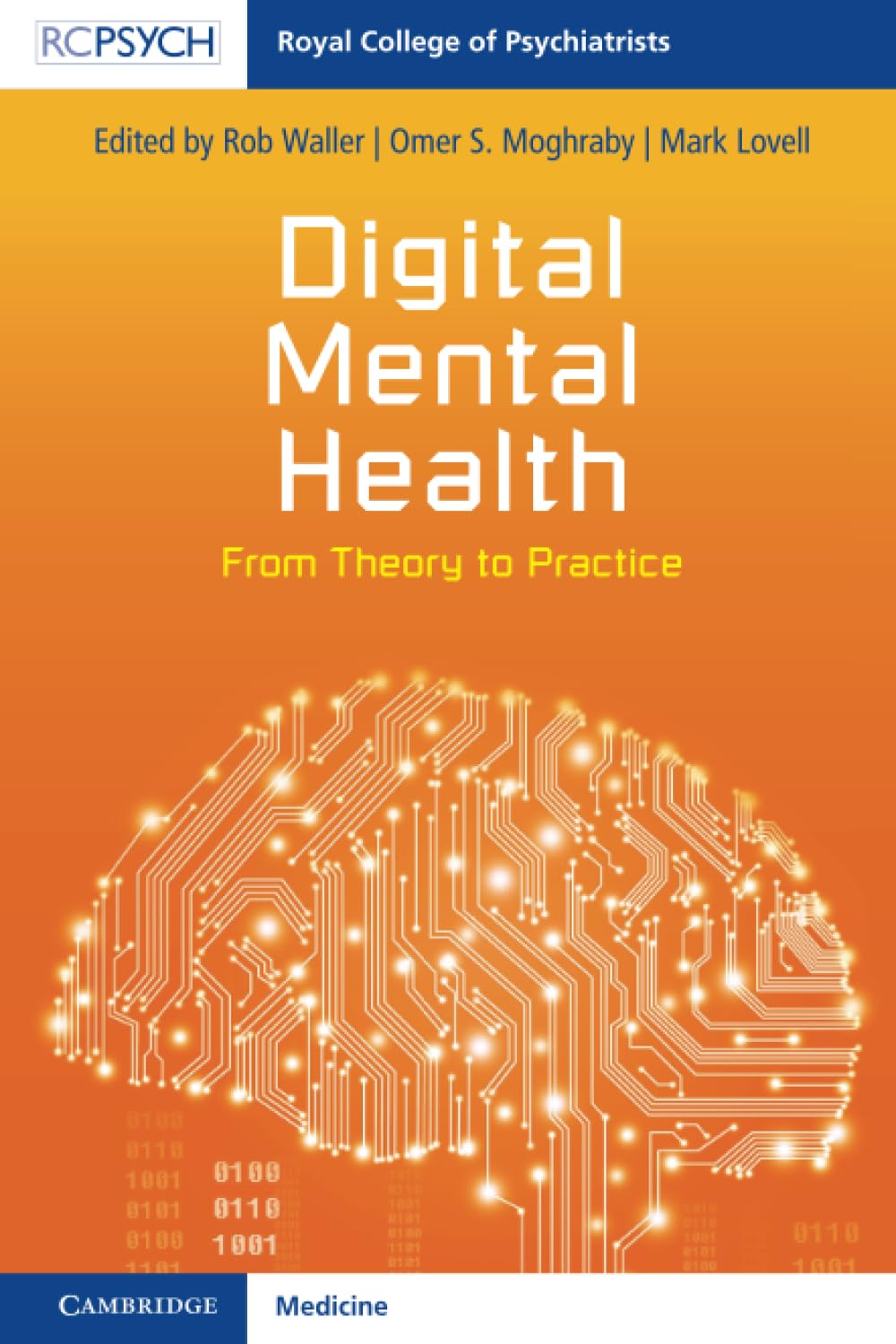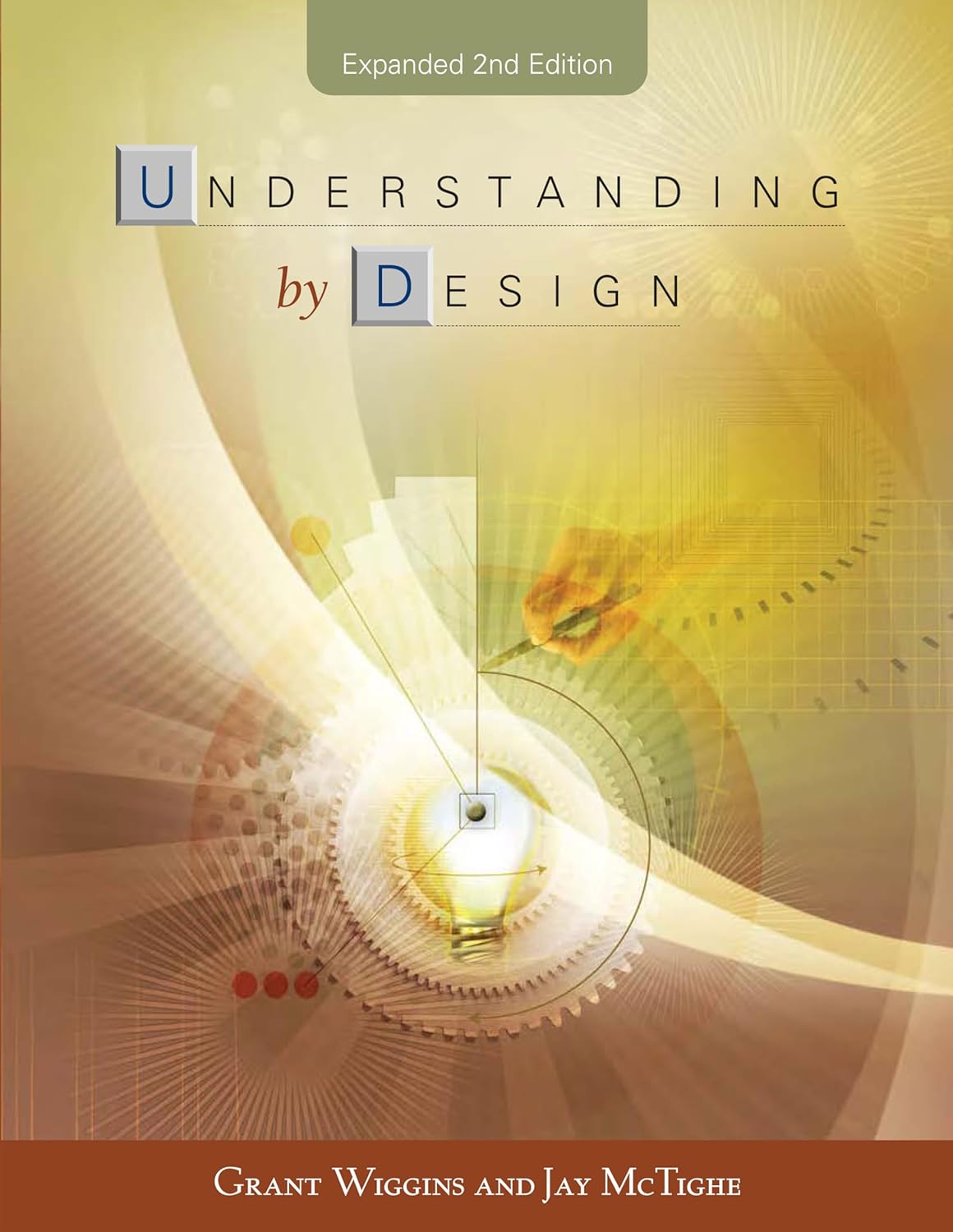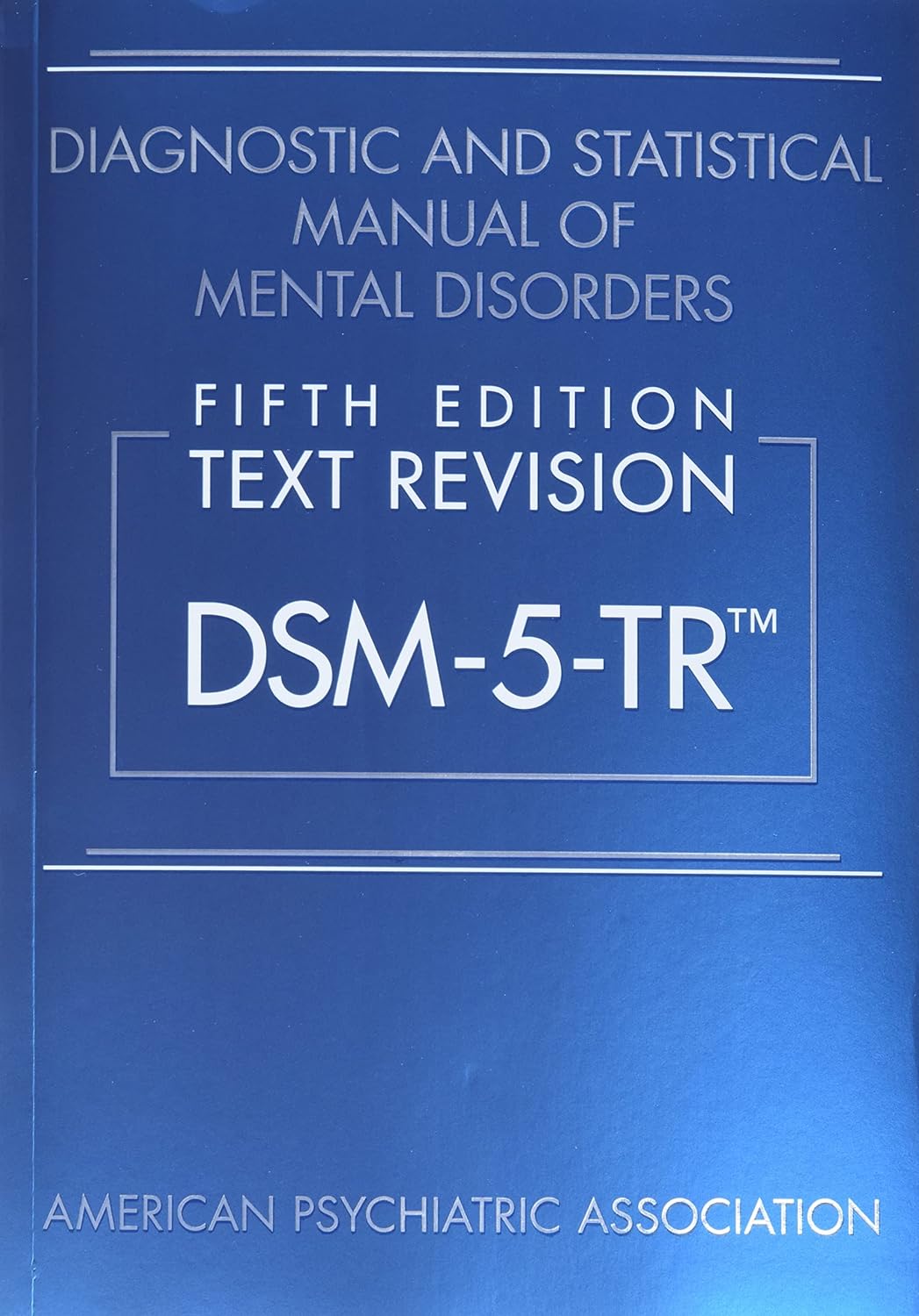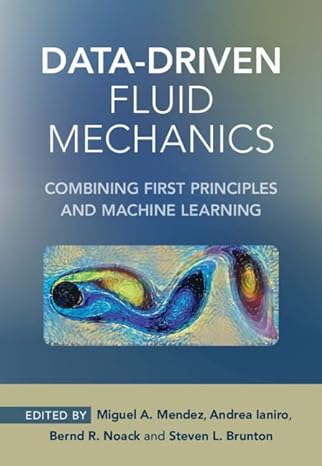eBook - Pdf
The College Fear Factor
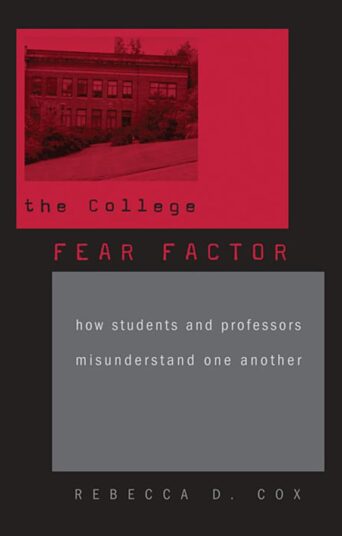
$16.60
Add To Cart
- ISBN :0674060164
- Publisher :Harvard University Press
- Publication Date :April 15, 2011
- Language :English
- Print Length :216

The College Fear Factor: How Students and Professors Misunderstand One Another
Rebecca D. Cox
They’re not the students strolling across the bucolic liberal arts campuses where their grandfathers played football. They are first-generation college students―children of immigrants and blue-collar workers―who know that their hopes for success hinge on a degree.
But college is expensive, unfamiliar, and intimidating. Inexperienced students expect tough classes and demanding, remote faculty. They may not know what an assignment means, what a score indicates, or that a single grade is not a definitive measure of ability. And they certainly don’t feel entitled to be there. They do not presume success, and if they have a problem, they don’t expect to receive help or even a second chance.
Rebecca D. Cox draws on five years of interviews and observations at community colleges. She shows how students and their instructors misunderstand and ultimately fail one another, despite good intentions. Most memorably, she describes how easily students can feel defeated―by their real-world responsibilities and by the demands of college―and come to conclude that they just don’t belong there after all.
Eye-opening even for experienced faculty and administrators, The College Fear Factor reveals how the traditional college culture can actually pose obstacles to students’ success, and suggests strategies for effectively explaining academic expectations.
Review
“We have had blue ribbon commissions, congressional committees, corporate roundtables, university consortiums and dozens of non-profit organizations struggle with the central question of American education: How do we prepare students for success in college? The written output of these groups numbers tens of thousands of pages, at least. And yet I just got more useful information from a 198-page book written by an unknown assistant professor of education at Seton Hall University than I ever learned from those stacks of well-intentioned reports. The author’s name is Rebecca D. Cox. The title of her book is The College Fear Factor: How Students and Professors Misunderstand One Another. She did something none of those glossy, brightly-illustrated demands for reform ever did, as far as I can recall. She spent five years talking to, and watching, community college students. She noted carefully the many ways they failed their classes. She listened closely to their reasons why…There are some very wealthy and concerned people funding a wide assortment of commissions and cooperatives that address the college readiness issue…Putting the book in the hands of educators and policy makers at all levels would cost relatively little for the reality it would bring to our so far clumsy attempts to get this right.”―Jay Mathews, Washington Post blog
“It provides many valuable ideas and lessons…This is a worthwhile read that enables the reader to reflect on what and who exactly higher education is for, and also about how best to achieve this for those who choose to take this path.”―Andreas Hess, Times Higher Education
“Cox reminds readers that, while student preparedness (or lack thereof) is important, more attention needs to be directed toward what is valued in the realms of college teaching and college learning if true progress is to be made in student academic achievement…The College Fear Factor will be of particular interest to community college practitioners and researchers.”―Elizabeth M. Cox, Review of Higher Education
“Rebecca Cox’s argument is both simple and compelling. She reminds us that students often enter classrooms feeling academically inadequate, with very limited definitions of ‘real’ instruction or ‘useful’ knowledge. Combine that with teachers’ definitions of learning, and of what’s important to know, and the result can be mutual frustration, with each side blaming the other. We have learned a great deal in the last twenty years about what goes on in classrooms. But no one before Cox has shown so clearly what teacher-student interactions about learning and teaching are like, how these are interpreted, or misinterpreted, and with what consequences. The implications go far beyond community colleges. This is a book that should be read by every teacher at every level.”―Marvin Lazerson, University of Pennsylvania
About the Author
Rebecca D. Cox is Assistant Professor of Education at Simon Fraser University.
Product details
- Publisher : Harvard University Press (April 15, 2011)
- Language : English
- Paperback : 216 pages
- ISBN-10 : 0674060164
- ISBN-13 : 978-0674060166
Popular Books
